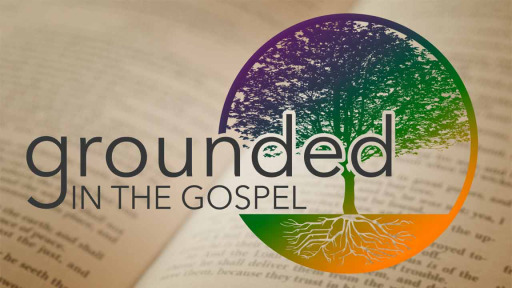Grounded in the Gospel

Gnostic heretics taught that Christ was a kind of “halfway house” to God, a necessary link in the chain. But there were other, better links on ahead. “Go on from Him,” they urged, “and you will reach the fullness.” “No,” Paul answers, “Christ is Himself the complete fullness!”
1. Our Problem (v. 21a)
2. His Purpose (vv. 21b-22)
To reconcile means to restore to a right relationship or standard, or to make peace where formerly there was enmity.
The Colossians cannot claim responsibility for their status before God; no human tradition or rule made them holy. Rather, Christ’s work of reconciliation brought them into relationship with God, making them holy. Since believers belong to God, they bear His image (3:10), which enables them to live out God’s command to holiness.
3. Our Perseverance (v. 23)
Here we have an exhortation to perseverance, by which he admonishes them that all the grace that had been conferred upon them hitherto would be vain, unless they persevered in the purity of the gospel.